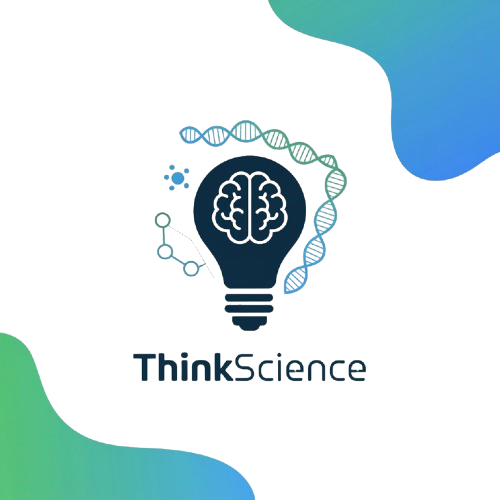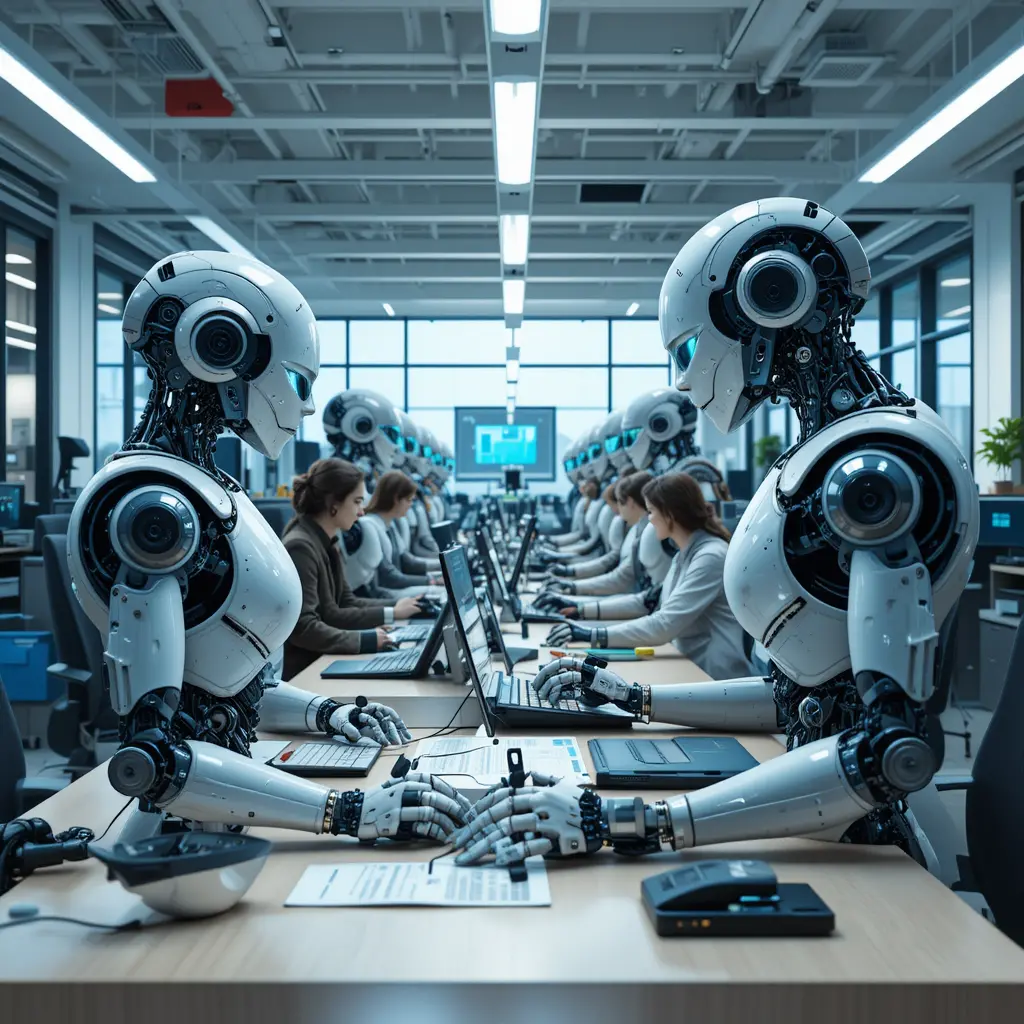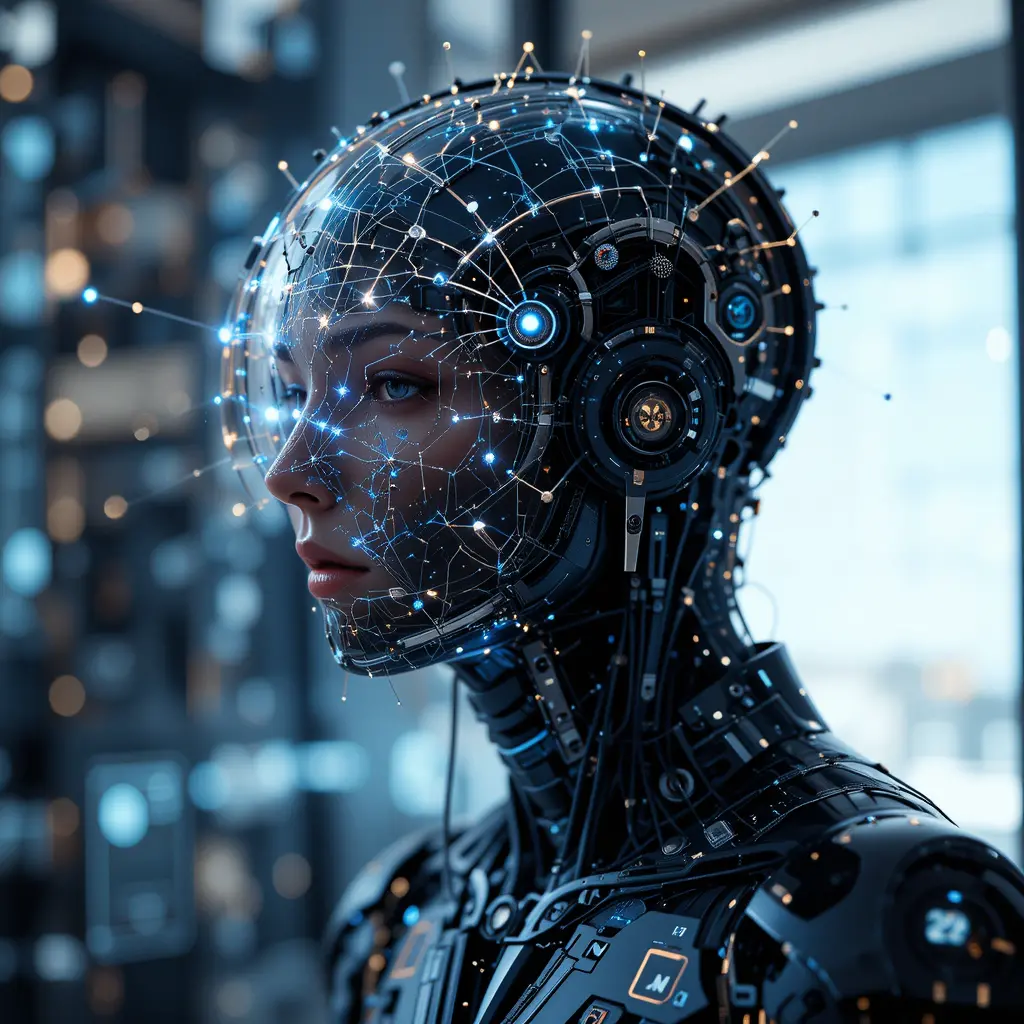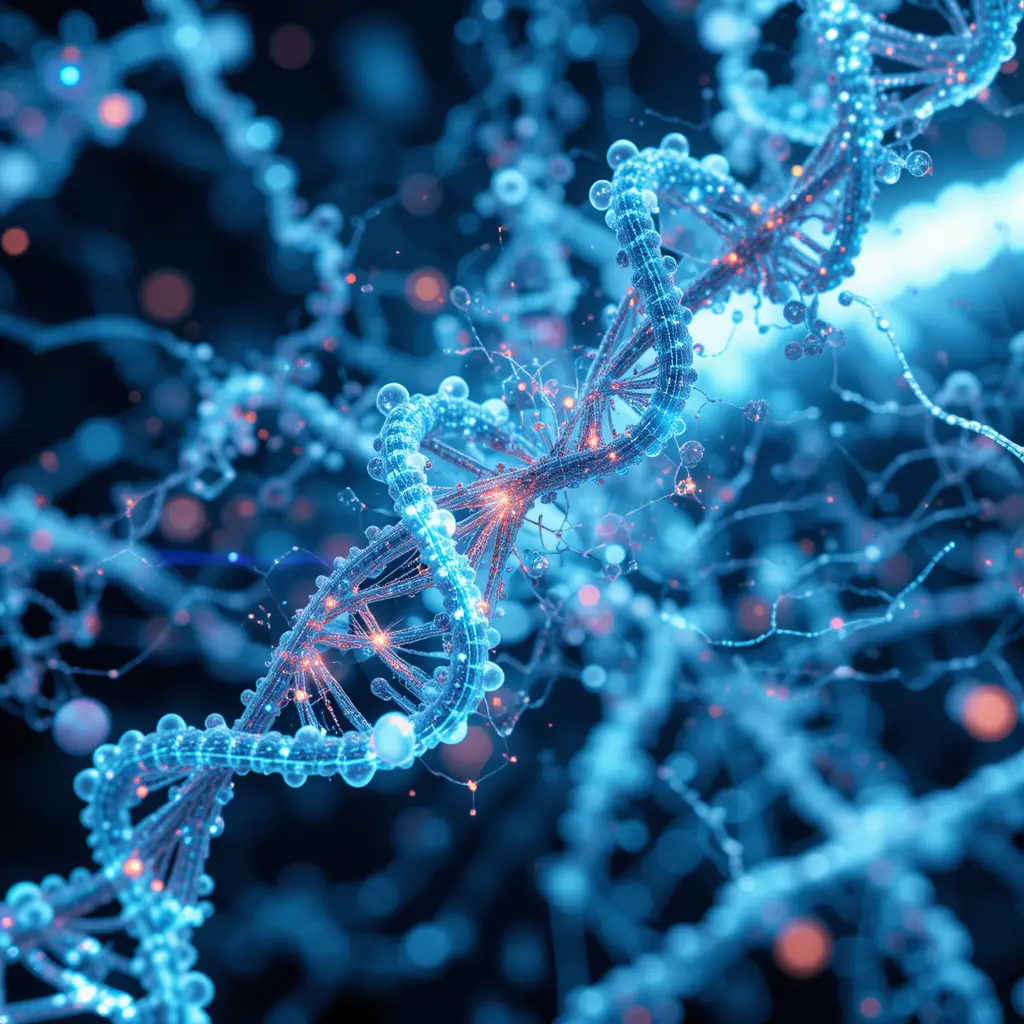Artificial Intelligence is reshaping the job market in ways that were once unimaginable. As automation becomes more prevalent, it is crucial to understand its impact on employment. This article explores how AI is transforming various industries and why embracing this change is essential for future success. Discover the opportunities and challenges that come with this technological shift and learn how to adapt in a rapidly evolving landscape.
The Rise of AI in the Workplace
The rise of AI in the workplace is transforming how we perceive jobs and tasks. As a labor market economist, I often see how AI reshapes industries, creating both excitement and concern. Imagine a world where machines handle repetitive tasks, freeing humans for more creative endeavors. This is not just a future vision; it’s happening now.
AI’s Impact on Daily Work
AI is becoming a crucial part of our daily work life. For instance, in customer service, chatbots handle queries, allowing human agents to focus on complex issues. This shift not only improves efficiency but also enhances job satisfaction. I recall a conversation with a friend who works in tech support. She mentioned how AI tools have reduced her workload, giving her more time to innovate and solve challenging problems. This is a clear example of how AI is changing the job market: automation and employment are evolving hand in hand.
However, it’s not all smooth sailing. Some fear job losses due to automation. While this concern is valid, history shows us that technology often creates new opportunities. Think of the industrial revolution; it replaced some jobs but also created many others. In my opinion, embracing AI can lead to a more dynamic and fulfilling work environment. It’s about adapting and finding new ways to leverage these tools.
Impact on Employment Opportunities
The rise of AI is reshaping the job market in ways we couldn’t have imagined a decade ago. As a Labor Market Economist, I see both challenges and opportunities emerging from this shift. The question on everyone’s mind is: How will AI impact employment opportunities?
New Roles and Skills
AI is not just taking jobs; it’s creating them too. Think of the transition from horse-drawn carriages to automobiles. New roles emerged, like mechanics and assembly line workers. Similarly, AI is generating demand for data analysts, AI specialists, and cybersecurity experts. These roles require new skills, and the workforce must adapt. I recall a conversation with a factory worker who transitioned to a tech role. He shared how daunting it was initially, but with training, he found a new passion. This highlights the importance of reskilling and upskilling.
Balancing Automation and Employment
While AI automates repetitive tasks, it also frees up human potential for more creative and strategic roles. For instance, in healthcare, AI handles data analysis, allowing doctors to focus on patient care. However, this shift requires a balance. We must ensure that automation doesn’t lead to widespread job loss. In my opinion, policies should support workers in transition, offering training and education. Anecdotally, I’ve seen companies successfully integrate AI by involving employees in the process, fostering a sense of ownership and reducing fear.
In conclusion, the impact of AI on employment is multifaceted. It’s crucial to embrace these changes with a proactive mindset, ensuring that the workforce is prepared for the future. How AI Is Changing the Job Market: Automation and Employment is a journey we must navigate together, balancing innovation with opportunity.
Adapting to the New Job Landscape
As we navigate through the evolving job market, adapting to new landscapes becomes crucial. The integration of AI is reshaping how we perceive employment. This shift is not just about technology; it’s about how we, as individuals, respond to these changes. I often think about my own career path and how different it might have been if AI had been as prevalent then as it is now.
Embracing Change
Change can be daunting, but it also brings opportunities. Consider the story of a friend who worked in data entry. With the rise of AI, her role transformed. Instead of fearing the change, she embraced it, learning new skills and eventually moving into data analysis. This transition not only secured her job but also enhanced her career prospects. Her experience highlights the importance of being proactive in learning and adapting.
In my opinion, the key to thriving in this new job landscape is flexibility. We must be willing to learn and evolve. AI is not just a tool; it’s a partner in our professional journey. By understanding how AI is changing the job market, we can better prepare ourselves for the future. Automation and employment are not mutually exclusive; they can coexist harmoniously if we approach them with an open mind.
As a labor market economist, I see the potential for AI to create new job categories. While some roles may become obsolete, others will emerge, requiring skills we might not have considered before. It’s a dynamic process, and those who adapt will find themselves at the forefront of innovation. Let’s embrace this change and see where it takes us.
Conclusion
As we reach the end of our exploration into How AI Is Changing the Job Market: Automation and Employment, it’s clear that the landscape is evolving rapidly. The integration of AI into various sectors is not just a trend; it’s a transformation. This shift brings both opportunities and challenges, reshaping how we perceive work and employment.
Embracing Change
Imagine a world where AI handles mundane tasks, freeing humans to focus on creativity and innovation. This is not a distant future; it’s happening now. For instance, in manufacturing, robots perform repetitive tasks, allowing workers to engage in more complex problem-solving activities. As a Labor Market Economist, I see this as a chance for growth. However, it requires us to adapt and learn new skills.
During a recent conference, I met a software engineer who transitioned into AI development. She shared how her role evolved from coding to designing AI systems that enhance productivity. Her story is a testament to the adaptability required in today’s job market. It’s a reminder that while AI may change the nature of jobs, it also creates new opportunities.
In conclusion, embracing AI and automation is not just about survival; it’s about thriving in a new era of work. As we navigate these changes, let’s focus on continuous learning and adaptability. The future of work is not something to fear but to embrace with open arms and an open mind.





